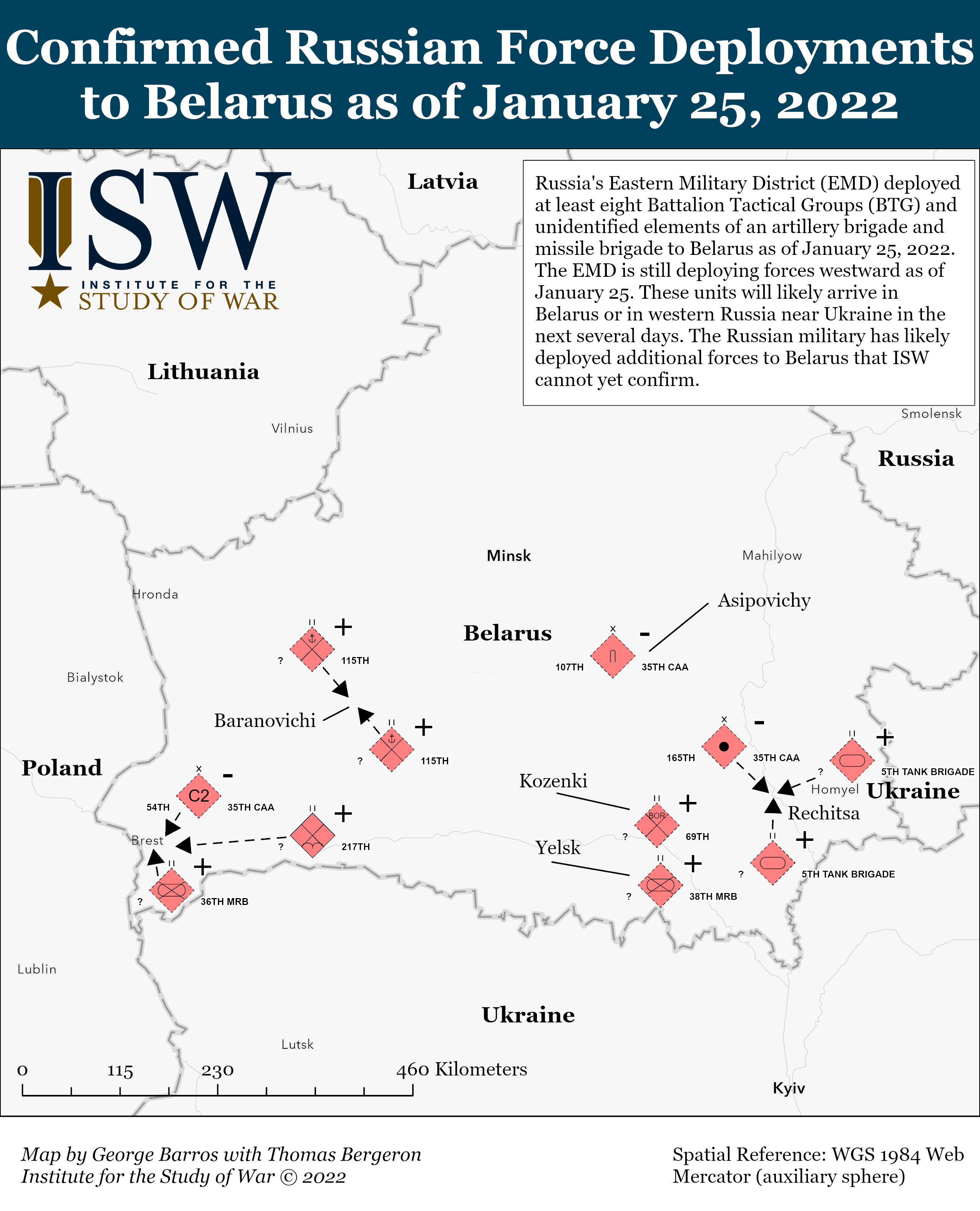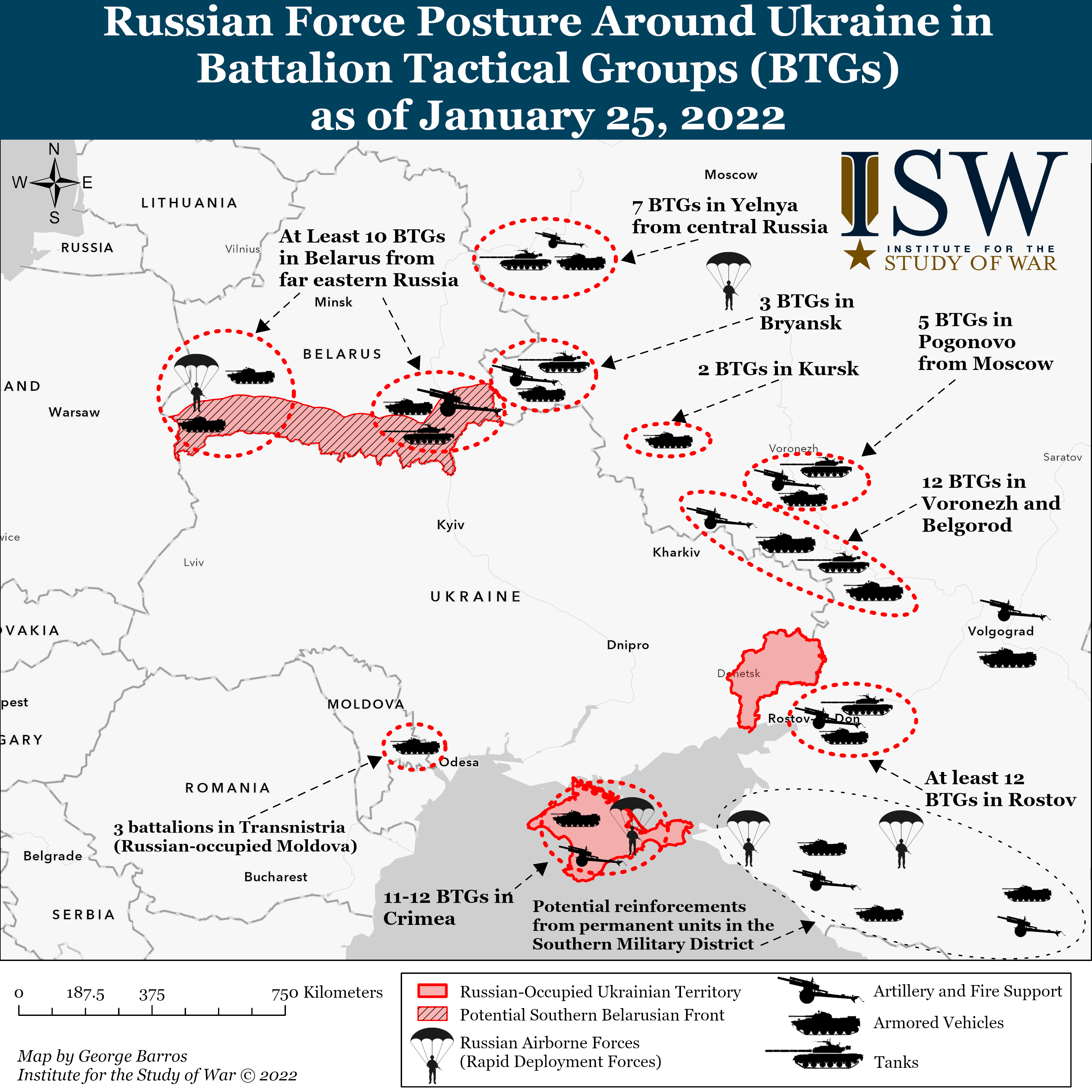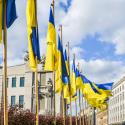Russian Offensive Campaign Assessment, August 12
Aug 12, 2022 - ISW Press
The Kremlin is reportedly attempting to mobilize industry to support prolonged war efforts in Ukraine. The Ukrainian Main Military Intelligence Directorate (GUR) reported that the Kremlin initiated the “industrial mobilization” of the defense enterprises in early August, banning some employees and the entire leadership at the Russian state industrial conglomerate company Rostec from taking vacations. The GUR added that the Military-Industrial Commission of the Russian Federation, chaired by Russian President Vladimir Putin, is preparing to change the state defense order program by early September to increase expenditures by 600-700 billion rubles (approximately $10 billion). Russian outlet Ura also reported that Russian Defense Minister Sergey Shoigu likely visited the Uralvagonzavod factory, the largest tank manufacturer in Russia and the producer of Russia’s T-72 main battle tanks, on August 12. The GUR previously reported that Uralvagonzavod faced financial issues due to Western-enforced sanctions and failure to meet state contract obligations. If true, Shoigu’s visit could suggest that the Kremlin is attempting to restart or expand the operation of the military-industrial complex. ISW has previously reported that the Kremlin has been conducting a crypto-mobilization of the Russian economy by proposing an amendment to the federal laws on Russian Armed Forces supply matters to the Russian State Duma on June 30. The amendment obliges Russian businesses, regardless of ownership, to fulfill Russian military orders and allows the Kremlin to change work conditions for employees. Putin signed the amendment on July 14, which indicates that the Kremlin will continue to introduce more measures to expand the Kremlin’s direct control over the operations of Russia’s military-industrial complex.





